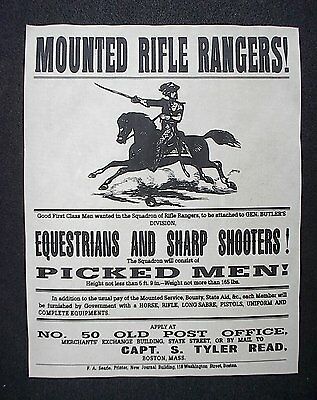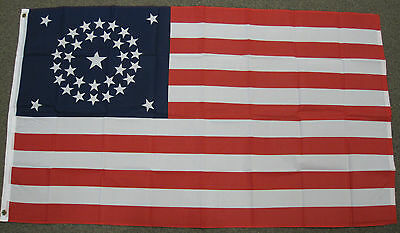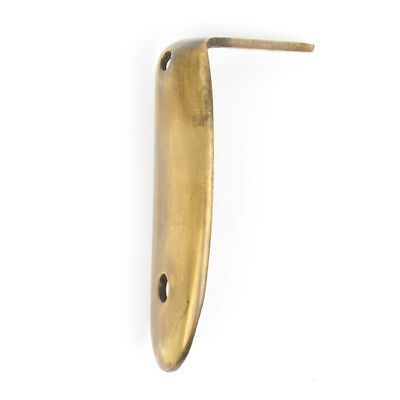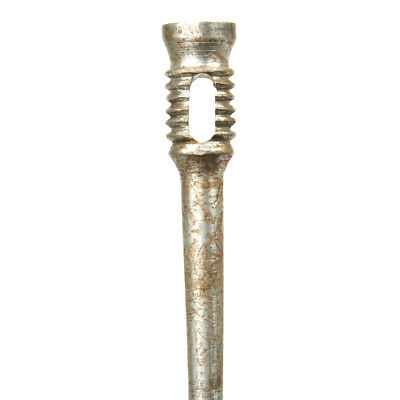-40%
Kearny Cross Civil War Medal of Honor Officers Award Medal US Unauthorized
$ 2.97
- Description
- Size Guide
Description
Bought at an estate sale. Looks new - untouched, unblemished. You are bidding on what you see - this actual medal. I will ship in sturdy new cardboard box. Bid with confidence - 100% positive feedback.KEARNY MEDAL OF HONOR
The Kearny Medal of Honor was a military decoration of the United States Army, which was first established in 1862 during the opening year of the American Civil War. The original decoration was known as the Kearny Medal and was adopted as an unofficial medal by the officers of the 1st Division (Birney's Division), 3rd Corps, of the Union Army of the Potomac, which had served under Major General Philip Kearny, Jr. before he was killed at the Battle of Chantilly on September 1, 1862.
The original Kearny Medal was first bestowed on November 29, 1862, and was awarded to any Union officer who had “performed acts of extreme bravery and heroism in the face of the enemy.” In 1863, the medal was authorized retroactively to officers who had performed such acts while enlisted soldiers, and had been subsequently commissioned.
On March 13, 1863, a second version of the Kearny Medal was ordered established as a "Cross of Valor" for enlisted personnel. The new medal, known as the Kearny Cross, was awarded to any enlisted Union soldier who displayed meritorious, heroic, of distinguished acts while in the face of an enemy force.
By 1865, both the Kearny Medal and the Kearny Cross were commonly referred to by the single name of the Kearny Cross. Since the decorations were issued by local commanders, the medals remained unofficial awards and were not issued after the close of the Civil War. Nevertheless, the Kearny Cross and Medal are regarded as one of the oldest military decorations of the United States Army, second only to the Badge of Military Merit [the predecessor of the Purple Heart] and the Fidelity Medallion.
OrThe medal is gold in color, in the shape of a cross patte, in the center of which is a circular medallion bearing the word KEARNEY in black enamel with a black line above and below. Circling this is a plain band, enameled black, with the inscription Dulce et decorum est pro patria mori, in gold letters. Dulce et decorum est pro patria mori is from the Roman lyrical poet Horace's Odes (iii 2.13). The line translate into English as: "It is sweet and fitting to die for one's country." It is suspended by a red ribbon attached to a gold bar with wreath.











